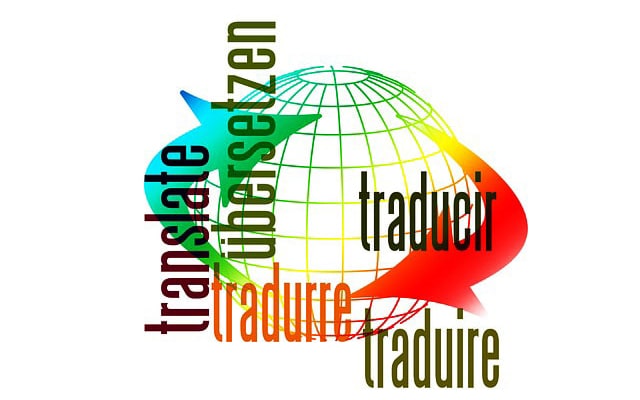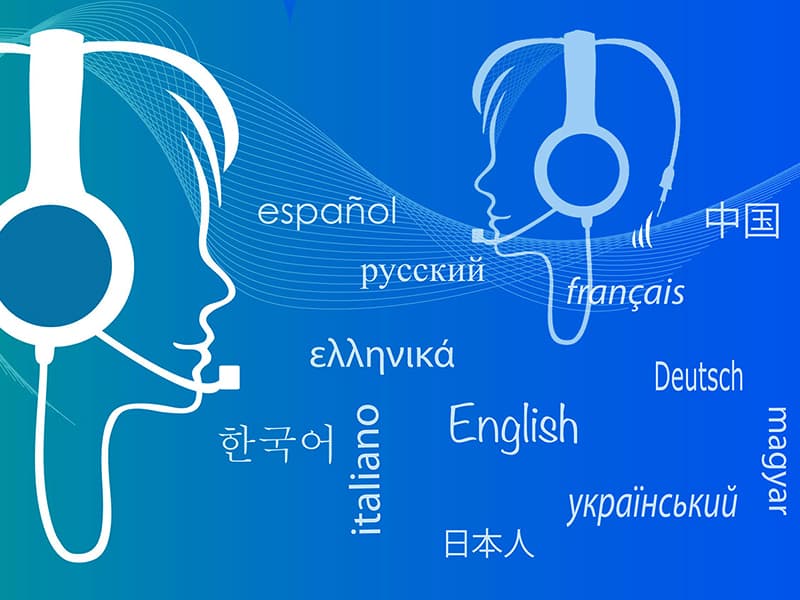The Council of the European Union: An Outline
The Council of the EU, frequently alluded to just as the Gathering, is a vital establishment inside the European Association (EU) that addresses the legislatures of part states. It assumes a critical part in the EU's official cycle, strategy making, and worldwide discussions.
Council Construction and Piece
The Gathering is made out of government priests from every EU part state, with the particular pastor going to relying upon the plan subject. For example, assuming agrarian strategies are being talked about, the Chamber will comprise of horticulture clergymen from every part state. This adaptability considers a fitted way to deal with conversations and choices in view of mastery.
The administration of the Board turns among part expresses at regular intervals, guaranteeing that all nations have a chance to impact the plan and procedures. The High Delegate of the Association for International concerns and Security Strategy stands firm on a long-lasting foothold in the Gathering, especially during conversations connected with international concerns.
Council Primary Capabilities
The Gathering has a few key liabilities:
1. Regulative Power: The Committee imparts administrative position to the European Parliament. Most EU regulations require endorsement from the two bodies, making it fundamental for regulation making processes.
2. Strategy Coordination: It facilitates approaches among part states, guaranteeing that public arrangements line up with EU goals.
3. Peaceful accords: The Gathering is answerable for arranging and finishing up peaceful accords between the EU and non-EU nations or associations.
4. Monetary Power: Along with the European Parliament, it takes on the EU spending plan, deciding financing needs for different drives.
5. Unfamiliar and Security Strategy: The Board characterizes and carries out EU unfamiliar and security strategy in light of rules set by the European Gathering.
Dynamic Interaction
The dynamic interaction inside the Gathering can include different democratic strategies:
- Qualified Larger part Casting a ballot (QMV): This is the standard strategy utilized for most choices, expecting no less than 55% of part states (addressing something like 65% of the EU populace) to concur.
- Consistent Democratic: Certain delicate issues, like international strategy and tax collection, require consistent arrangement from all part states.
Council Setups
The Board works through ten particular designs in light of explicit approach regions:
1. General Issues
2. International concerns
3. Monetary and Monetary Undertakings
4. Equity and Home Undertakings
5. Business, Social Arrangement, Wellbeing and Purchaser Undertakings
6. Seriousness (Inward Market, Industry Exploration)
7. Transport, Media communications and Energy
8. Agribusiness and Fisheries
9. Climate
10. Instruction, Youth, Culture and Game
Every design meets to resolve important issues inside its area, considering specific conversations and choices.
Significance in the EU System
The Gathering of the European Association is imperative for guaranteeing that part states team up actually on shared difficulties while regarding public interests. By offsetting public needs with aggregate EU objectives, it cultivates solidarity among assorted nations.
In outline, the Chamber fills in as a foundation of EU administration, forming regulation, planning strategies, and addressing part states in global issues. Its capacity to adjust to different points through ecclesiastical setups improves its viability in resolving complex issues confronting Europe today.
NewEnglishCenter Council

Grow your business and website with our results based services.

Reach new national and international markets for your business.

Online free and premium language services will become your tools in developing your career.